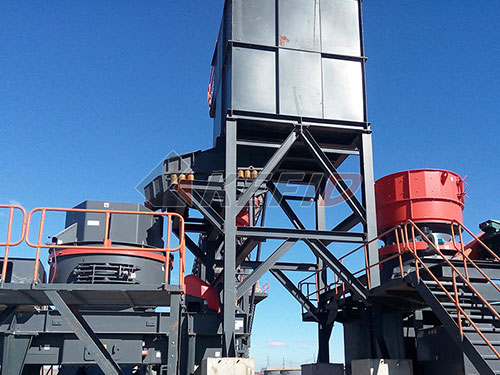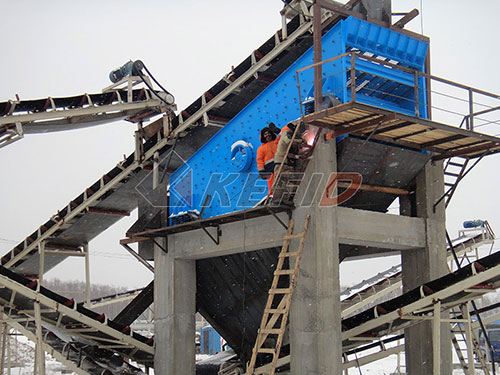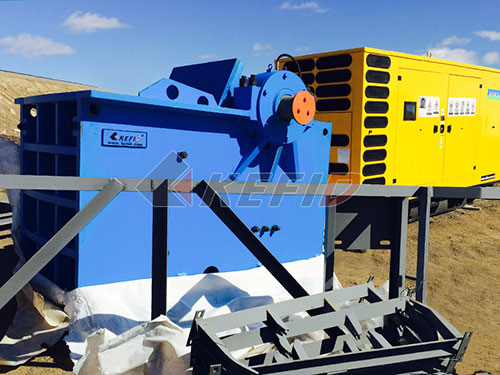Beyond the Price Tag: A Strategic Guide to Aggregate Crushing Machine Investment
The question “How much does an aggregate crushing machine cost?” echoes across countless quarry offices, construction company boardrooms, and infrastructure project planning sessions. It’s a fundamental starting point, yet focusing solely on the initial purchase price is akin to judging a book solely by its cover. The true cost of aggregate production encompasses a vast landscape far beyond the invoice figure for the primary crusher. This comprehensive guide delves deep into the multifaceted world of aggregate crushing equipment investment, empowering you to make decisions grounded in total operational economics and strategic alignment.

I. Understanding the Aggregate Crusher Ecosystem: Types Dictate Trajectory
The term “aggregate crushing machine” is an umbrella covering diverse technologies, each engineered for specific tasks within the size reduction process. Selecting the right type is paramount, as it fundamentally shapes both upfront cost and long-term operational efficiency:
1. Primary Crushers: The First Line of Attack
Jaw Crushers: The undisputed workhorses for primary crushing. Renowned for their robustness, simplicity, and ability to handle large feed sizes (up to 60 inches or more) and hard, abrasive materials like granite or basalt. They utilize compressive force between a fixed and a moving jaw plate.
Cost Drivers: Size/capacity (measured in tons per hour – TPH), material hardness specifications, jaw plate metallurgy (manganese steel grades), drive power (electric vs. diesel-hydraulic), structural reinforcements.
Typical Price Range: $100,000 – $1,500,000+ USD. Small mobile units start lower; massive stationary units for high-capacity quarries command premium prices.
Gyratory Crushers: Often employed in large-scale mining and high-capacity quarries (>1,000 TPH). Offer higher capacity than jaw crushers for similar feed openings and excel in continuous feeding scenarios with slabby material. Higher initial cost but potentially lower cost per ton in massive operations.

Cost Drivers: Capacity (TPH), installed power, complexity of design/maintenance access features.
Typical Price Range: $500,000 – $3,000,000+ USD.
Impact Crushers (Primary): Increasingly popular for primary crushing of softer materials like limestone or recycled concrete/asphalt due to their high reduction ratio and excellent product shape. Less suitable for very hard rock without significant

Leave a Reply